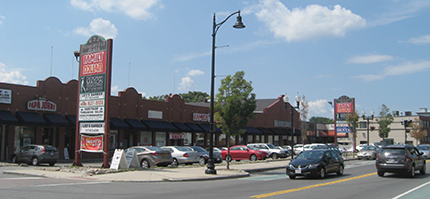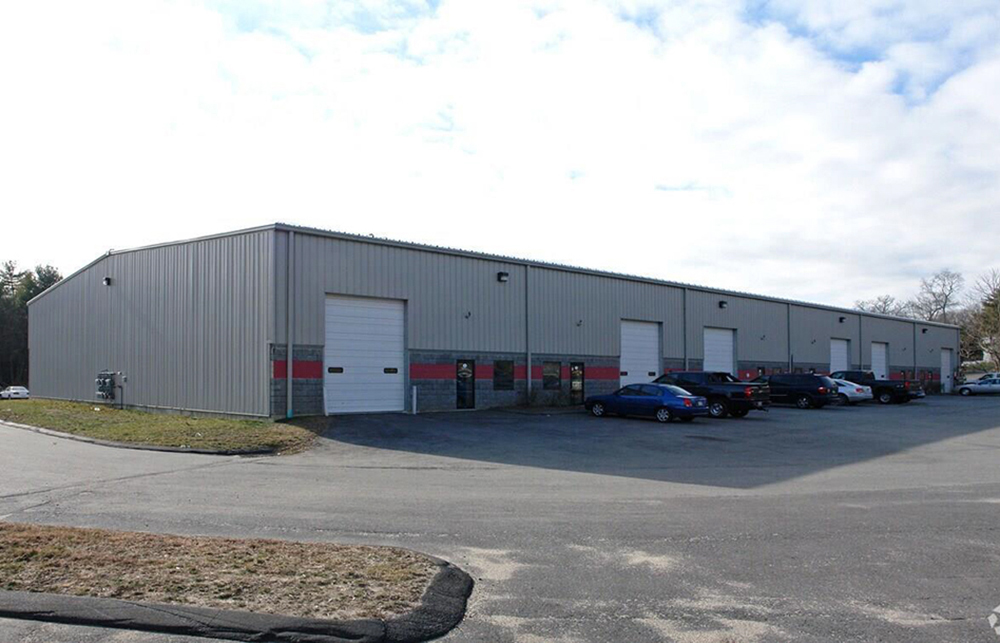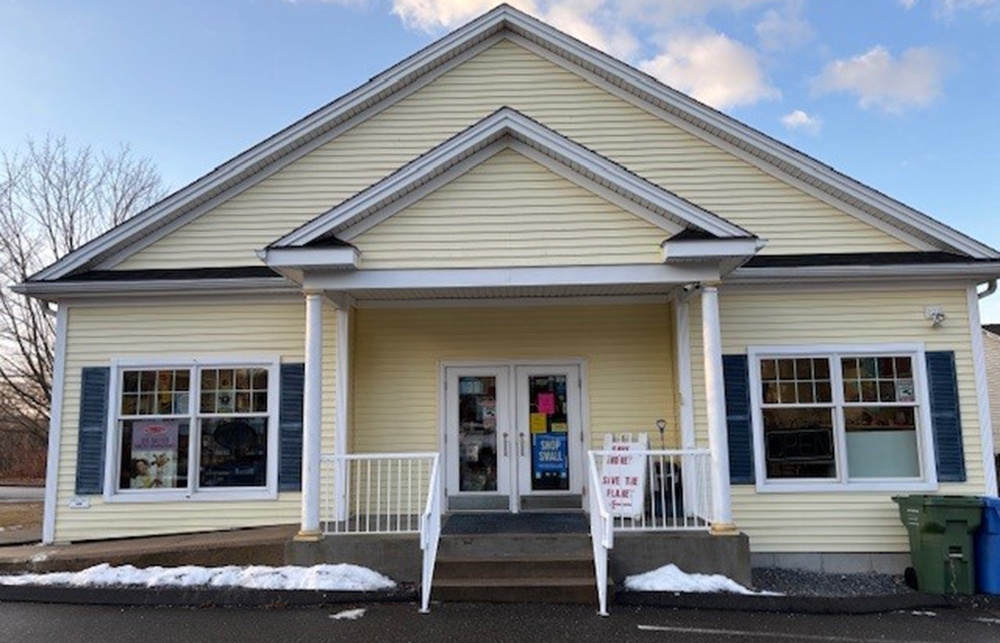Fantini & Gorga arranges $7.35 million in financing for two retail properties
Somerville, MA Fantini & Gorga arranged two loans totaling $7.35 million in permanent financing on two retail properties.
A $2 million, 20-year fixed-rate loan with a 25-year amortization schedule and an interest rate below 4.50% was used to refinance a 17,500 s/f strip center in Somerville. This loan was placed with a regional financial institution on behalf of a long-term client of the firm.
“We were very pleased to identify a portfolio lender that provided attractive terms on our clients’ legacy asset, which was acquired in the early 1990s,” said Mark Whelan, managing director.
The second transaction involved the refinance of an existing CMBS loan on a 30,000 s/f strip center in Taunton that is shadow-anchored by Home Depot, Target and Kohl’s. The new loan was originated with another CMBS lender and has a fixed-rate for 10-years.
“Though the borrower received a slightly higher rate on this loan compared with pricing from other capital sources, his focus on full proceeds and non-recourse led him to choose a securitized lender,” according to Whelan who, along with Wayne Clough, managing director, placed the loan on behalf of this repeat client of the firm.
“This was a complex transaction with many twists and turns and we appreciate the patience and persistence of our lending partner to complete this transaction for our client,” said Clough.
RapDev leases 17,587 s/f at 501 Boylston St. - lease brokered by JLL


Newbury Street: Boston’s timeless retail gem thrives in a modern era - by Joseph Aquino
Boston’s iconic Newbury St. continues to thrive as one of the most vibrant and compelling retail corridors in the United States. Nestled in the heart of the Back Bay, this historic St. has evolved into a powerhouse of high-St. retail, where luxury meets lifestyle and legacy brands coexist with up-and-coming names. With its European charm, diverse architecture, and unmatched foot traffic, Newbury St. remains a dynamic reflection of Boston’s energy, culture, and economic strength.

End of the year retail thoughts - by Carol Todreas

Placemaking and retail in 2024 - by Carol Todreas
Placemaking. That is the word for 2024. While the concept has historical precedence in urban development, it became part of our current culture in the 1960’s when urbanists started to think about cities for people, not just cars.

Retail / tariffs / uncertainty and (still) opportunity - Carol Todreas
As new tariffs continue to impact the global economy, retail businesses and investors are grappling with heightened uncertainty. From new high tariffs to supply chain issues to evolving consumer behaviors, continual changes are making it as or more challenging than the pandemic years. Yet, amidst this turbulence,












.png)
